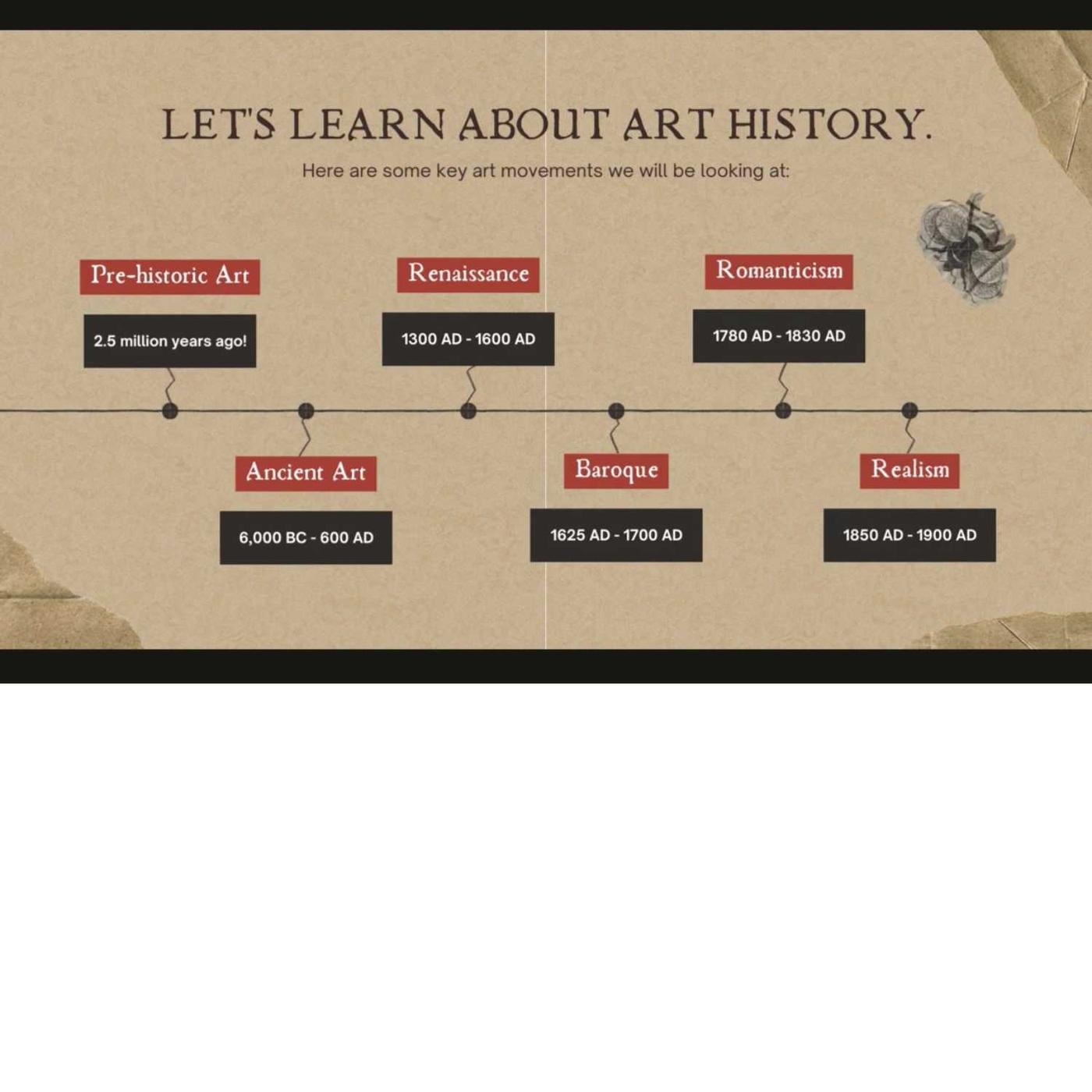
Pre-Colonial Society: By the pre-colonial era, the Gikuyu society had evolved into a complex agrarian community with a well-defined social structure. They practiced subsistence farming, growing crops like bananas, yams, millet, and maize. The family was the fundamental unit, and the society was organized around clans and age sets. Colonial Influence: The arrival of European colonizers, particularly the British, in the late 19th century, significantly impacted the Gikuyu and other Kenyan ethnic groups. Colonial policies disrupted traditional ways of life, introduced new economic systems, and led to social and political upheavals. Struggles for Independence: During the colonial period, the Gikuyu, like other Kenyan communities, were involved in various resistance movements against colonial rule. The Mau Mau Uprising (1950-1960) was a significant rebellion led by members of the Kikuyu community against British colonialism. Early Settlements and Migration: The region that the Gikuyu people inhabit today is believed to have been inhabited by various hunter-gatherer communities for thousands of years. The Great Rift Valley in East Africa, where Kenya is situated, is considered one of the cradles of human civilization. Evidence of early human ancestors, such as Homo erectus, has been found in this region. Bantu Migration: The ancestors of the Gikuyu are believed to have been part of the larger Bantu migration that occurred over several centuries. Bantu-speaking groups migrated from West Africa and gradually moved across the continent, reaching East Africa around 2000 years ago. These migrations brought new agricultural techniques, ironworking skills, and language to the region. Formation of Gikuyu Identity: Over time, various Bantu groups settled in the central highlands of Kenya, where the Gikuyu people eventually emerged. The Gikuyu, along with other related ethnic groups like the Embu and Meru, developed their distinct cultural practices, language (Gikuyu), and social structures. Pre-Colonial Society: By the pre-colonial era, the Gikuyu society had evolved into a complex agrarian community with a well-defined social structure. They practiced subsistence farming, growing crops like bananas, yams, millet, and maize. The family was the fundamental unit, and the society was organized around clans and age sets. Colonial Influence: The arrival of European colonizers, particularly the British, in the late 19th century, significantly impacted the Gikuyu and other Kenyan ethnic groups. Colonial policies disrupted traditional ways of life, introduced new economic systems, and led to social and political upheavals. Struggles for Independence: During the colonial period, the Gikuyu, like other Kenyan communities, were involved in various resistance movements against colonial rule. The Mau Mau Uprising (1950-1960) was a significant rebellion led by members of the Kikuyu community against British colonialism. Post-Independence Era: Kenya gained independence in 1963, and since then, the Gikuyu people have played a significant role in the country's politics, economy, and culture. They've contributed immensely to various sectors, including business, education, and governance.</p>
Pre-Colonial Society: By the pre-colonial era, the Gikuyu society had evolved into a complex agrarian community with a well-defined social structure. They practiced subsistence farming, growing crops like bananas, yams, millet, and maize. The family was the fundamental unit, and the society was organized around clans and age sets.